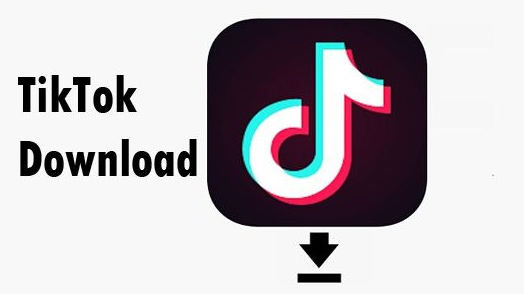
“Like other platforms, the data we receive from advertisers is used to improve the effectiveness of our advertising services,” says Melanie Bosselait, a TikTok spokesperson. What does TikTok do with all that information? We focused on sites where we thought people would have a particular expectation of privacy, such as advocacy organizations and hospitals, along with retailers and other kinds of companies.ĭisconnect found that data being transmitted to TikTok can include your IP address, a unique ID number, what page you’re on, and what you’re clicking, typing, or searching for, depending on how the website has been set up. However, TikTok’s advertising business is exploding, and experts say the data collection will probably grow along with it.Īfter Disconnect researchers conducted a broad search for TikTok trackers, we asked them to take a close look at what kind of information was being shared by 15 specific websites. The number of TikTok trackers we saw was just a fraction of those we observed from Google and Meta. “I think people are conditioned to think, ‘Facebook is everywhere, and whatever, they’re going to get my data.’ I don’t think people connect that with TikTok yet.” “I was genuinely surprised that TikTok’s trackers are already this widespread,” says Patrick Jackson, the chief technology officer at Disconnect, who helped us conduct the research. (None of those groups responded to requests for comment.) Even Planned Parenthood uses the trackers, automatically notifying TikTok about every person who goes to its website, though it doesn’t share information from the pages where you can book an appointment. The Arizona Department of Economic Security tells TikTok when you view pages concerned with domestic violence or food assistance. Interested in joining Weight Watchers? TikTok finds that out, too.

If you go to the United Methodist Church’s main website, TikTok hears about it.

We found hundreds of organizations sharing data with TikTok.

In our list, we included the 1,000 most popular websites overall, as well as some of the biggest sites with domains ending in “.org,” “.edu,” and “.gov.” We wanted to look at those sites because they often deal with sensitive subjects. To look into TikTok’s use of online tracking, CR asked the security firm Disconnect to scan about 20,000 websites for the company’s pixels.


 0 kommentar(er)
0 kommentar(er)
